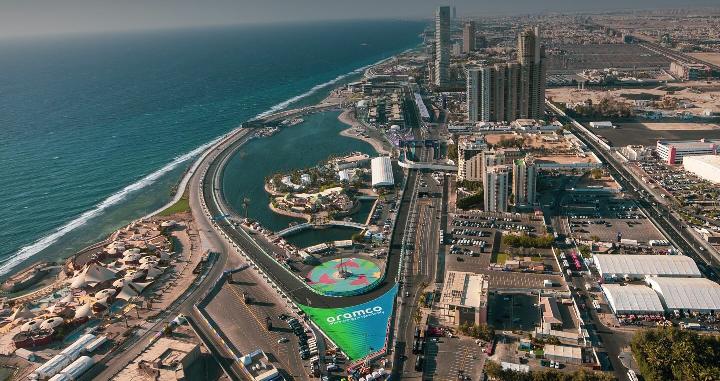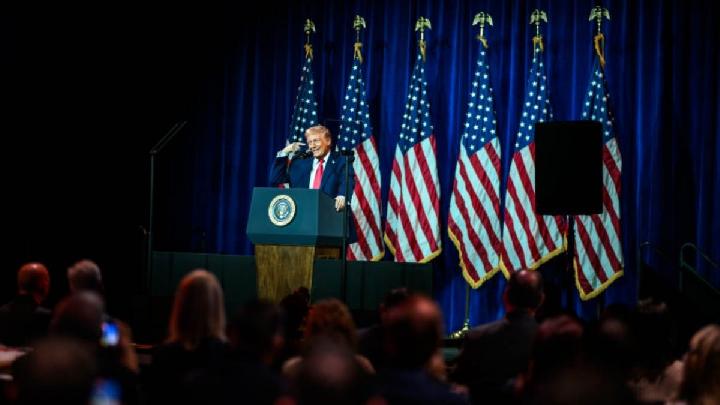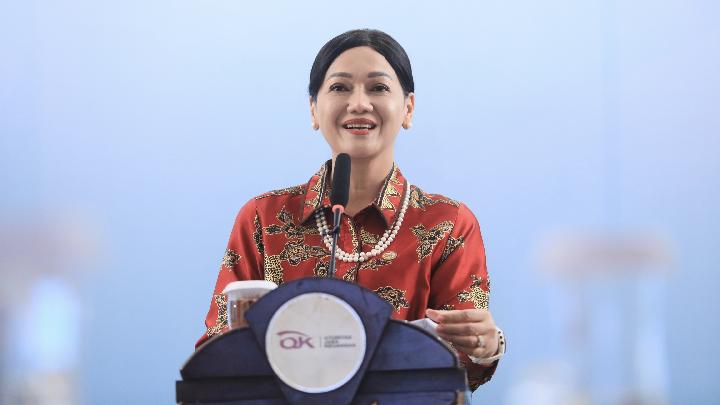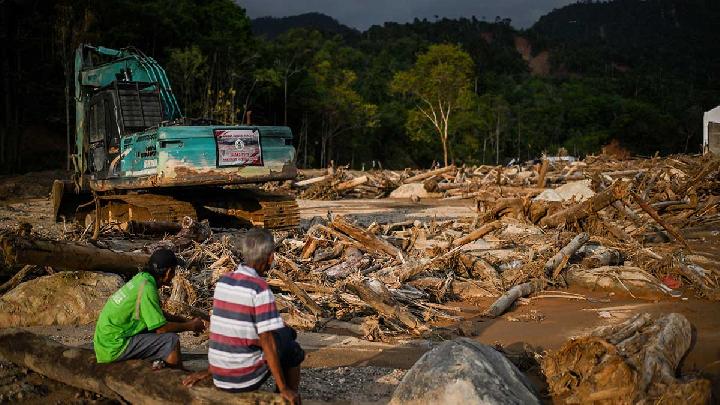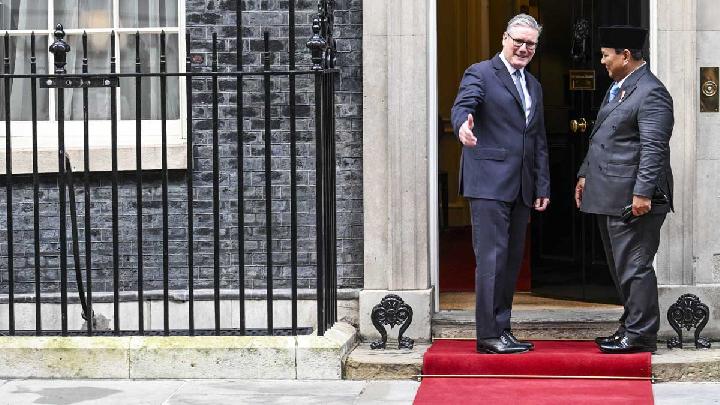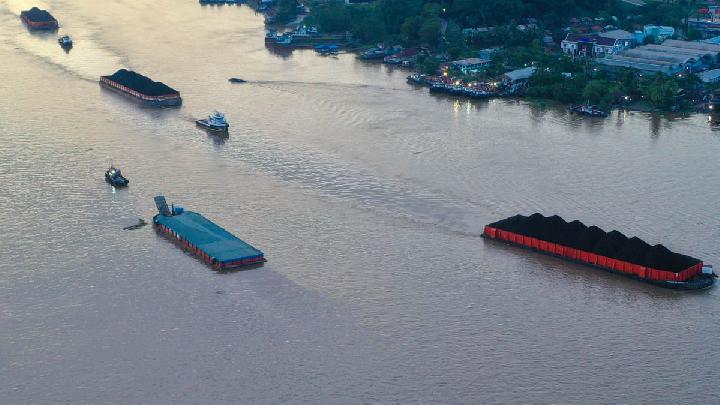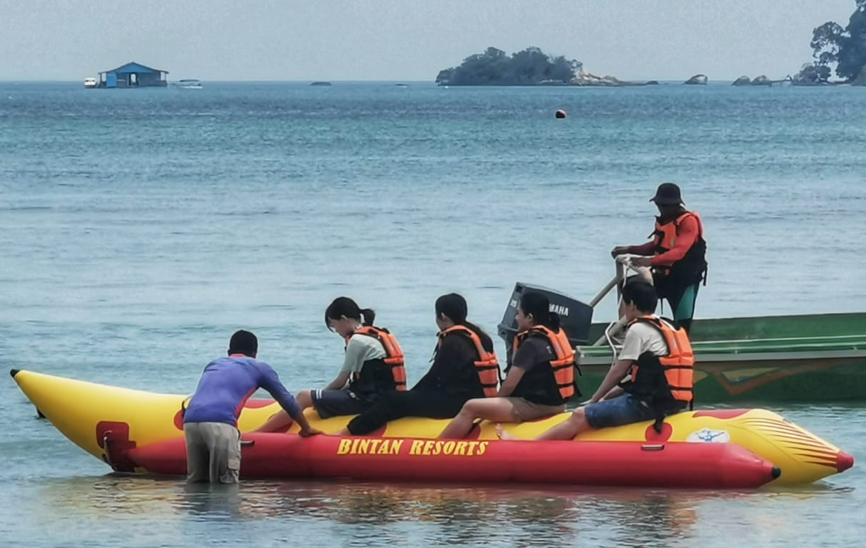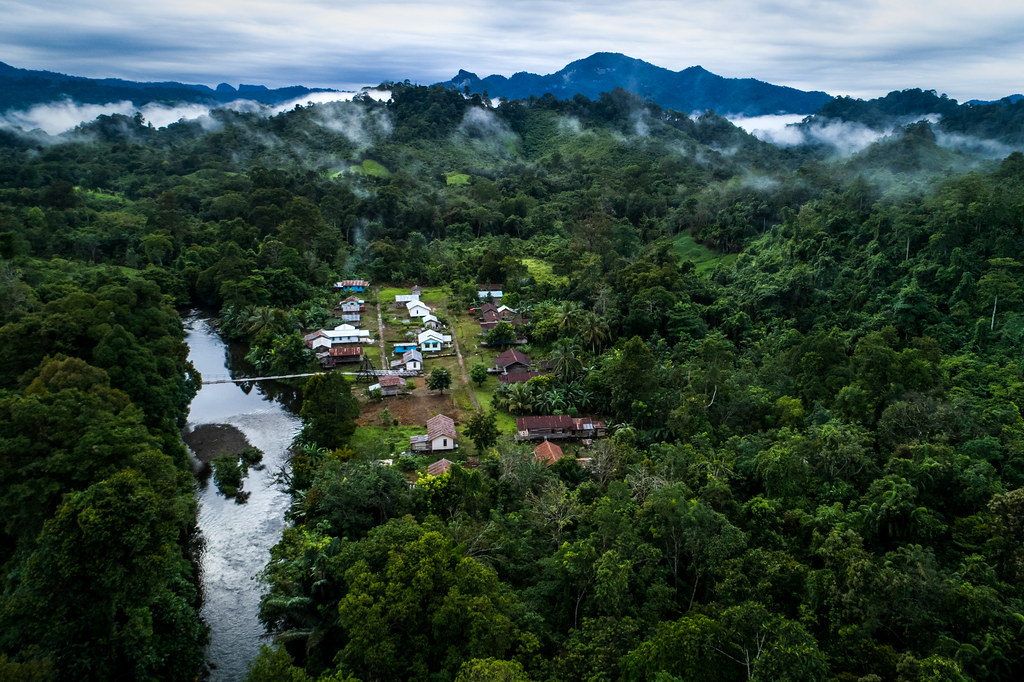TEMPO.CO, Jakarta - The civil society coalition known as Just Coalition for Our Planet (JustCOP) demands that the Indonesian government act on its commitment to reducing global carbon dioxide emissions that contribute to global warming. With the current energy policy, Indonesia's projected peak carbon emissions, originally set for 2030, are now predicted to be delayed until 2037.
Each country is expected to map out the peak of carbon emissions before phasing them out to prevent fatal global warming. But Indonesia is moving the opposite way.
"Indonesia's energy sector emission peak is now delayed seven years under the long-term low carbon and climate resilience projection by 2050," said Syaharani, the Head of the Climate and Decarbonization Division at the Indonesian Center for Environmental Law (ICEL), in a virtual discussion in Jakarta on Tuesday.
The event was also attended by Tri Purnajaya, the Director of Economic Development and Environment at the Ministry of Foreign Affairs, and Torry Kuswardono, the Coordinator of the Secretariat of the People's Alliance for Climate Justice.
The delayed target under the Electricity Supply Business Plan (RUKN 2024-2060) indicates that the electricity production from coal-fired power plants is expected to surge and reach its peak in 2037. It also refers to the National Energy Policy (KEN), which states that 79 percent of the energy mix in 2030 is still expected to come from fossil energy sources.
Syaharani said, "Currently, Indonesia's target for reducing carbon emissions with a business-as-usual projection in 2030 still reflects a 148 percent gain in emissions compared to the carbon emissions in 2010."
Additionally, the current Enhanced Nationally Determined Contribution (ENDC) document does not specifically mention the early retirement target for coal-fired power plants, which dominate the electricity supply in various industrial sectors in Indonesia.
The delay in target Syaharani went on, will inevitably lead to exceeding of benchmark for a temperature increase of 1.5 degrees Celsius from the pre-industrial era.
"Meaning, Indonesia would still produce quite significant emissions even if the Enhanced Nationally Determined Contribution (ENDC) target made in 2022 is achieved," said Syaharani.
"Therefore, JustCOP urges the government to promptly raise Indonesia's emission reduction commitment target through the Second Nationally Determined Contribution (SNDC)," she said.
Indonesia Misses SNDC Document Submission Deadline
As the UN Climate Change Conference (UNFCCC COP 30) approaches, Indonesia failed to submit its Second Nationally Determined Contribution (Second NDC) on time, as the September deadline passed. Despite this, the government ensured that it had prepared the draft of the document.
Tri Purnajaya reassured that Indonesia remains committed to achieving the Net Zero Emission (NZE) target by 2060, or earlier. He mentioned that Indonesia's climate diplomacy is directed to accommodate the principle of Common but Differentiated Responsibilities-Respective Capabilities (CBDR-RC) and Just and Equitable Transition in global efforts to address climate change.
"Actually, the draft is already prepared, and I am still optimistic. After all, the COP is still a few weeks away," Tri said during a virtual discussion on Tuesday, October 14, 2025. "We are not the only ones who have not submitted the SNDC document; only half (of the countries that agreed to the Paris Agreement) have submitted."
He hopes that the preparation of the Second NDC document can be completed before the COP30 takes place, stressing the pivotal role of SNDC in what he considers a "quite ambitious" national climate targets.
Meanwhile, Torry Kuswardono emphasized the necessity of pro-people climate policies. Government mitigation efforts should not weaken communities in facing climate change. The government should protect land rights through the recognition of customary land and agrarian reform as the foundation of community climate resilience.
He cited the downstreaming of nickel in North Maluku and Central Sulawesi, which has led to land disputes, agrarian conflicts, and pollution affecting the surrounding communities. "Protection for vulnerable groups is not evident in Indonesia's climate change policies," he said.
Torry also highlighted the problem of insufficient public participation in Indonesian policy-making. "Some mechanisms are not transparent enough. Even if there is participation, it is tokenism, or pseudo-participation. We don't know the process," he said.
The PIKUL Foundation executive director also urged the government to focus more on climate change mitigation and adaptation policies for smaller but massive and inclusive projects, rather than large centralized projects. "Local communities know best what they need," said Torry.
Defara Dhanya contributed to the writing of this article.
Editor’s Choice: COP30: Indonesia Remains Hopeful for National Climate Pledge as September Deadline Passes
Click here to get the latest news updates from Tempo on Google News

